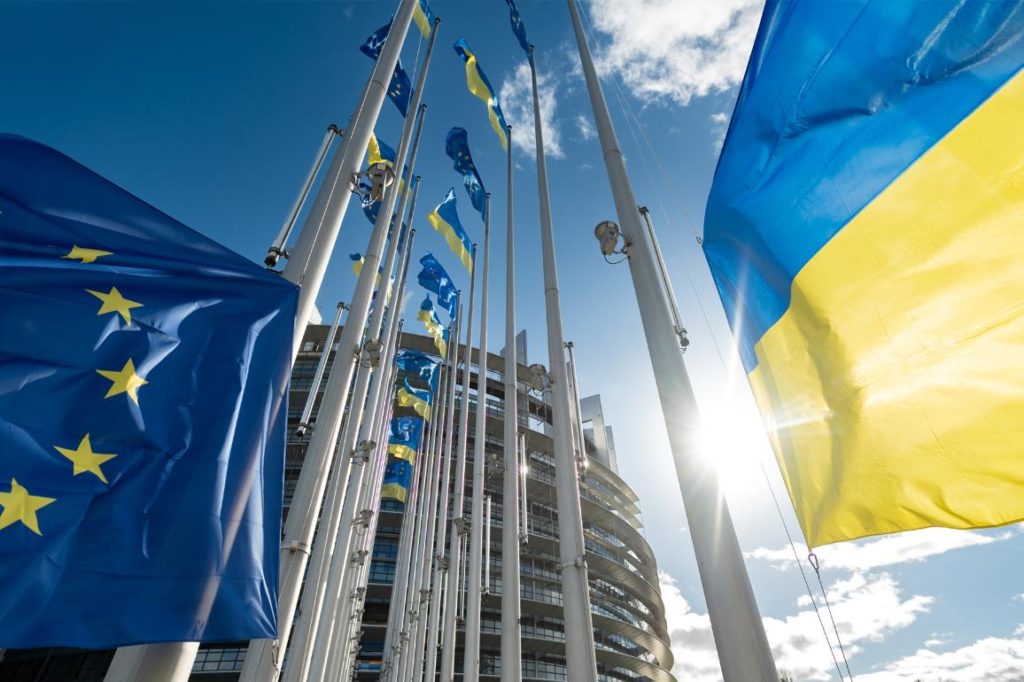Trump Administration Revokes Biden Ban on Drilling and Mining in Alaska Wilderness

© Erin Schaff/The New York Times


© Erin Schaff/The New York Times


© Alexander Manzyuk/Reuters


© J. Emilio Flores for The New York Times


© Yonhap/EPA, via Shutterstock


© Adrian Wyld/The Canadian Press, via Associated Press


The European Union approved its 19th sanctions package against Russia, including a ban on Russian liquefied natural gas imports, Reuters reports. Slovakia was the final member state to lift its objection after securing assurances on energy prices and climate policy.
Slovakia's Prime Minister Fico held up the package for days. He demanded commitments from the European Commission on high energy prices. He also wanted climate targets aligned with carmaker and heavy industry needs. A Slovak diplomat told Reuters the country's demands were met. New clauses were added to the final communiqué for the EU leaders summit today, on 23 October.
The Danish rotating presidency of the EU announced the breakthrough on 22 October. The presidency launched a written approval procedure. If no member state objects, the package will be adopted by 8 a.m. today.
The LNG ban will take effect in two stages. Short-term contracts will end after six months. Long-term contracts will continue until 1 January 2027. The full ban arrives a year earlier than the Commission's proposed roadmap. The roadmap aimed to end the bloc's reliance on Russian fossil fuels.
The new package lists 117 more vessels from Moscow's shadow fleet. Most are tankers used to evade sanctions. This brings the total number of listed vessels to 558. The package also adds new travel restrictions on Russian diplomats. It targets banks in Kazakhstan and Belarus, the presidency said.
EU diplomatic sources told Reuters that four entities linked to China's oil industry will also be listed, including two oil refineries, a trading company, and an entity helping circumvent sanctions.
Yesterday, the US has also imposed the first batch of new Russian sanctions in months.